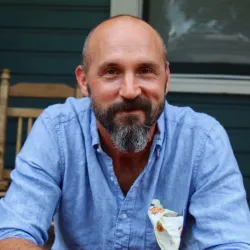
“A Shot in the Moonlight: How a Freed Slave and Confederate Soldier Fought for Justice in the Jim Crow South,” presented by award-winning author Ben Montgomery, will be the focus of the next Conversations on Race and Policing, 3 p.m. Wednesday, April 14, on Zoom.
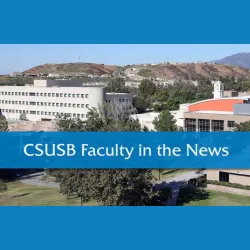
Meredith Conroy (political science) was interviewed for an article on how male politicians appear to be responding to personal controversy, Guillermo Escalante (kinesiology) co-authored a study on the explores relationship between hip extensor strength and hip flexor muscle length, and Brian Levin (criminal justice) was quoted in an article about breaking patterns that lead to hate crimes.
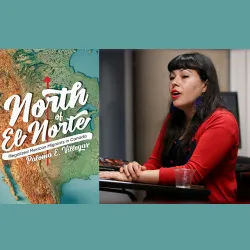
Paloma E. Villegas, assistant professor of sociology, will present at the Immigration Initiatives at Harvard virtual Speaker Series on Wednesday, April 14, on Zoom. She will discuss her book, “North of El Norte: Illegalized Migrants in Canada.”

Brandun Lee’s family promoted going to college while he trained to be a professional boxer. So while he still fights in the ring, he’s also majoring in criminal justice at CSUSB.
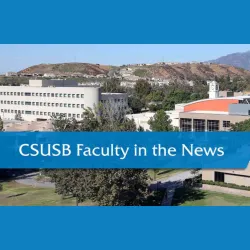
David Yaghoubian (history) was interviewed for a segment on the latest developments regarding the U.S., Iran and the possibility of the U.S. rejoining the Joint Comprehensive Plan of Action (JCPOA), the multi-national agreement regulating Iran’s nuclear program.
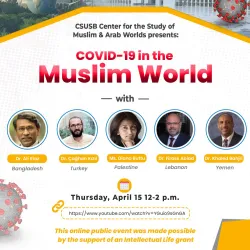
The free and public panel discussion will include five speakers from Bangladesh, Lebanon, Palestine, Turkey and Yemen. Presented by CSUSB’s Center for the Study of Muslim & Arab Worlds and Intellectual Life Fund, it will be livestreamed on YouTube at noon Thursday, April 15.
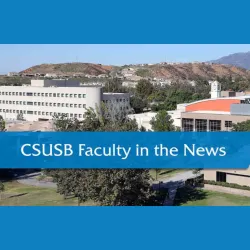
Brian Levin (criminal justice) was interviewed for an article about an extremist group known as the “Oath Enforcers,” which a news report said is threatening to “unleash harassment tactics on elected officials and government workers around the country.”
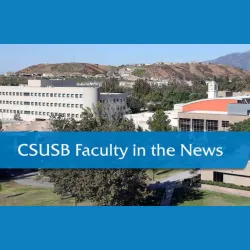
Meredith Conroy (political science) wrote on Republicans’ distrust of the news media, David Yaghoubian (history) was interviewed about the latest developments regarding the Iran nuclear agreement, and Brian Levin (criminal justice) was quoted in an article about breaking patterns that lead to hate crimes.
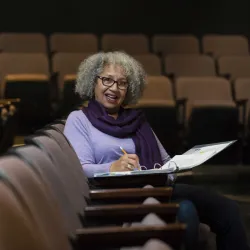
“The Pride of Lions,” presented by Kathryn Ervin, CSUSB professor of theatre arts, is the title of the next Conversations on Race and Policing, 3 p.m. Wednesday, April 7, on Zoom.